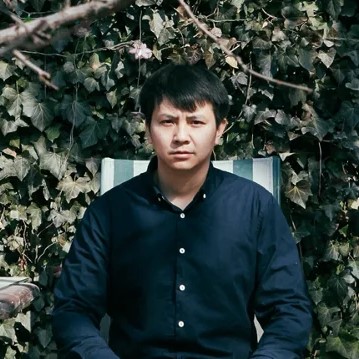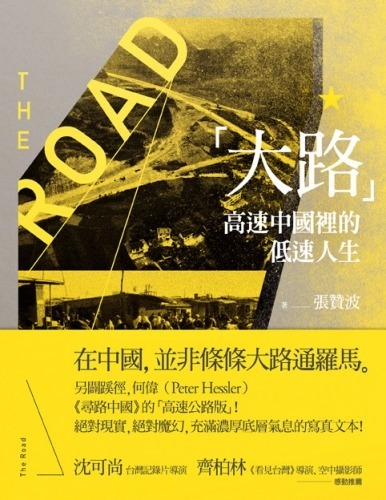Blazing a new trail, this is the “highway version” of Peter Hessler’s Country Driving.
Absolutely real and absolutely magical, a documentary text filled with the ethos of those living at the bottom of society.
In China, not every road leads to Rome. In less than two decades, shiny new highways where cars roar by have sprawled over the wide expanse of China, extending endlessly and forming a network of roads with a combined length of 100,000 kilometers, the longest in the world (the U.S. has close to 90,000 kilometers of highway). Such scale and the uninterrupted speed is unprecedented in human history. For the Chinese government, it is the great achievement of the Chinese Communist Party, and testament to the splendid glory of modernization. Yet no one really understands the will, the infatuation, the logic, the narratives and the lives behind these roads—in China, the road is point zero of such questions, and, improbably, the answer itself. To find out how highways are built in China, the author went to the hometown of the great Chinese writer Shen Cong-Wen, where he spent three years under an alias at a highway construction site. In the end, he did find the answer, but it was both absurd and tragic, one that left him with mixed emotions…
Not everyone shares in the fruits of China’s rapid growth. This Chinese-style highway grows with crushing force, accompanied by frequent work site accidents, protests, revolts, appeals to higher authorities, intervention of gangsters, and even death. The author spent three years at the site under a pseudonym, where he breathed the same air as the lowly road crew and found the sad truth that the splendor of China’s modernization was a political accomplishment built, more than anything else, on the lives of these men. Most migrant workers go from one place to another following the roads they build. Their humble dreams are either ruthlessly cast aside or crushed by the great road steaming ahead, leaving them powerless to set foot on the boulevards of their nation.

